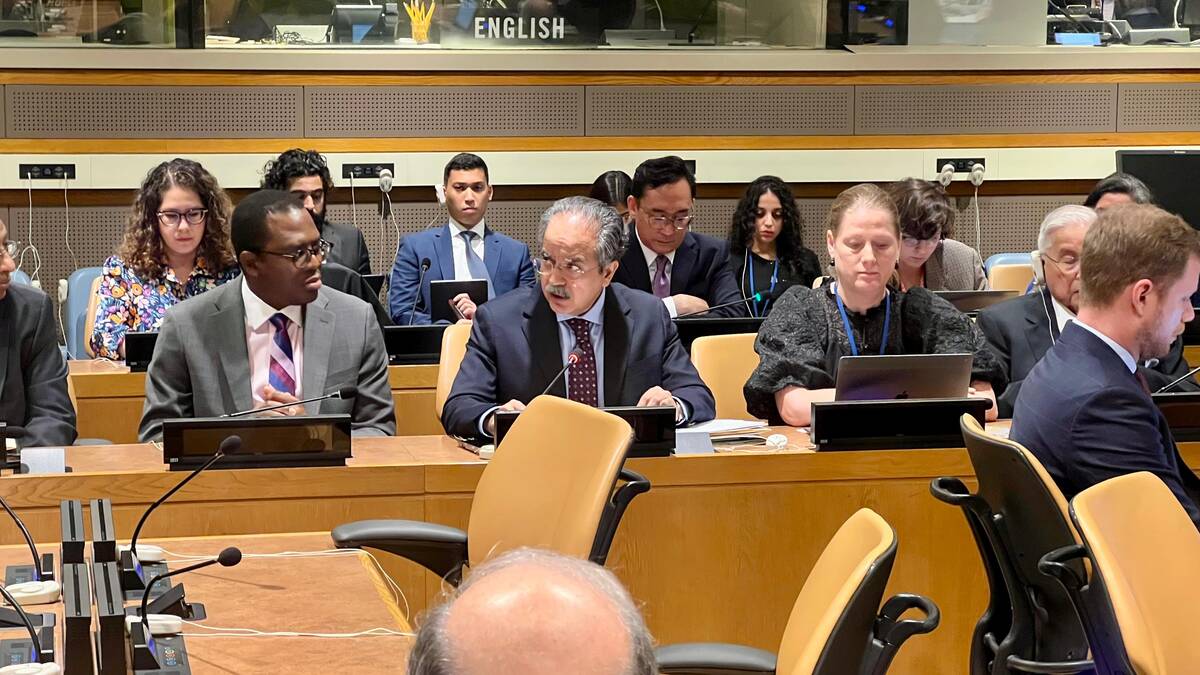KARACHI: Pakistan and the United States have agreed to move forward with negotiations aimed at finalizing a trade deal “at the earliest,” as Finance Minister Muhammad Aurangzeb and US Commerce Secretary Howard Lutnick held a virtual meeting to discuss recently imposed American “reciprocal tariffs,” Pakistan’s finance ministry said on Tuesday.
Last month, Islamabad announced it had formally launched talks with the US following the imposition of steep tariffs by President Donald Trump’s administration on several countries, including Pakistan.
The duties, which Washington says are meant to correct trade imbalances and ensure fair treatment of American goods, have been widely criticized as a blow to global economic recovery efforts in the aftermath of the COVID-19 pandemic.
Pakistan has been hit with a 29 percent tariff on its exports to the US at a time when the country is trying to drive economic growth through increased exports.
“Further to Pak-US negotiations on US reciprocal tariffs, a virtual meeting took place between Mr. Muhammad Aurangzeb, Pakistan’s Finance Minister, and Howard Lutnick, United States’ Commerce Secretary on 16th June, 2025,” the finance ministry said in its statement.
“Both sides resolved to carry forward their negotiations through a constructive engagement to finalize the trade deal at the earliest,” it added.
The ministry informed the discussion focused on strengthening trade and investment and deepening economic ties between the two countries.
Both sides agreed to hold further technical-level discussions in the coming days, based on a mutually agreed roadmap.
The United States is Pakistan’s largest export market, and analysts warn that the new tariffs could undermine Islamabad’s fragile economic recovery.
According to Pakistan’s central bank, the country exported $5.44 billion worth of goods to the US in 2024. From July 2024 to February 2025, exports stood at $4 billion, up 10 percent compared to the same period last year.
Nearly 90 percent of Pakistan’s exports to the US are textiles, a sector likely to bear the brunt of the tariff impact.
Trade experts have also cautioned that the duties could erode Pakistan’s competitiveness, especially if regional players such as China, Bangladesh and Vietnam shift focus to European markets, intensifying competition in alternative destinations.

















